Artificial Intelligence (AI) is reshaping the music industry, revolutionizing how music is created, produced, and consumed. From composing melodies to enhancing sound production, AI is emerging as a powerful creative and technical tool for musicians, producers, and listeners alike.
What is the Role of AI in Music?
AI in music refers to the use of algorithms, machine learning, and neural networks to generate music, assist in composition, analyze audio patterns, and personalize listening experiences. As AI technology evolves, it is increasingly being integrated into every stage of the music-making process.
Key Roles of AI in Music
Music Composition and Generation
AI-powered tools like AIVA, Amper Music, and Google’s Magenta can compose original music in various genres. By learning from thousands of musical pieces, these systems can generate melodies, harmonies, and rhythms, helping artists brainstorm ideas or create complete tracks.
Sound Design and Production
AI assists producers by enhancing audio quality, auto-mixing tracks, and even mastering final recordings. Tools like LANDR and iZotope use AI to analyze audio and apply professional-grade enhancements, making music production more accessible and efficient.
Personalized Recommendations
Streaming platforms like Spotify and Apple Music use AI algorithms to analyze listening habits and suggest songs tailored to individual tastes. These recommendation engines improve user experience by delivering more relevant content based on mood, genre, tempo, and more.
Music Analysis and Insights
AI can analyze large volumes of music data to uncover trends, identify popular elements, and even predict potential hits. This helps record labels and artists make informed creative and business decisions.
Real-Time Performance and Interaction
AI is also being used in live music settings. AI-driven instruments and software can respond in real-time to human input, allowing for improvisation and interactive performances that blur the line between human and machine.
Music Education and Learning
AI-powered apps help users learn instruments, improve their vocal techniques, and understand music theory. These tools adapt to the learner’s pace and provide instant feedback, making music education more personalized and accessible.
Challenges and Considerations
While AI is transforming music in exciting ways, it also introduces some challenges:
- Authorship and Ownership: Who owns AI-generated music—the software, the user, or the developers?
- Loss of Human Emotion: Critics argue that AI-created music may lack the emotional depth that comes from personal human experiences.
- Ethical and Copyright Issues: Training AI on existing compositions can raise concerns about copyright and originality.
Conclusion
AI is becoming a vital part of the modern music ecosystem, enabling innovation in creation, production, and distribution. While it cannot replace human emotion and artistry, AI can serve as a powerful collaborator—enhancing creativity, improving efficiency, and expanding the possibilities of what music can be. Embracing AI thoughtfully and ethically will shape a future where technology and musical expression go hand in hand.


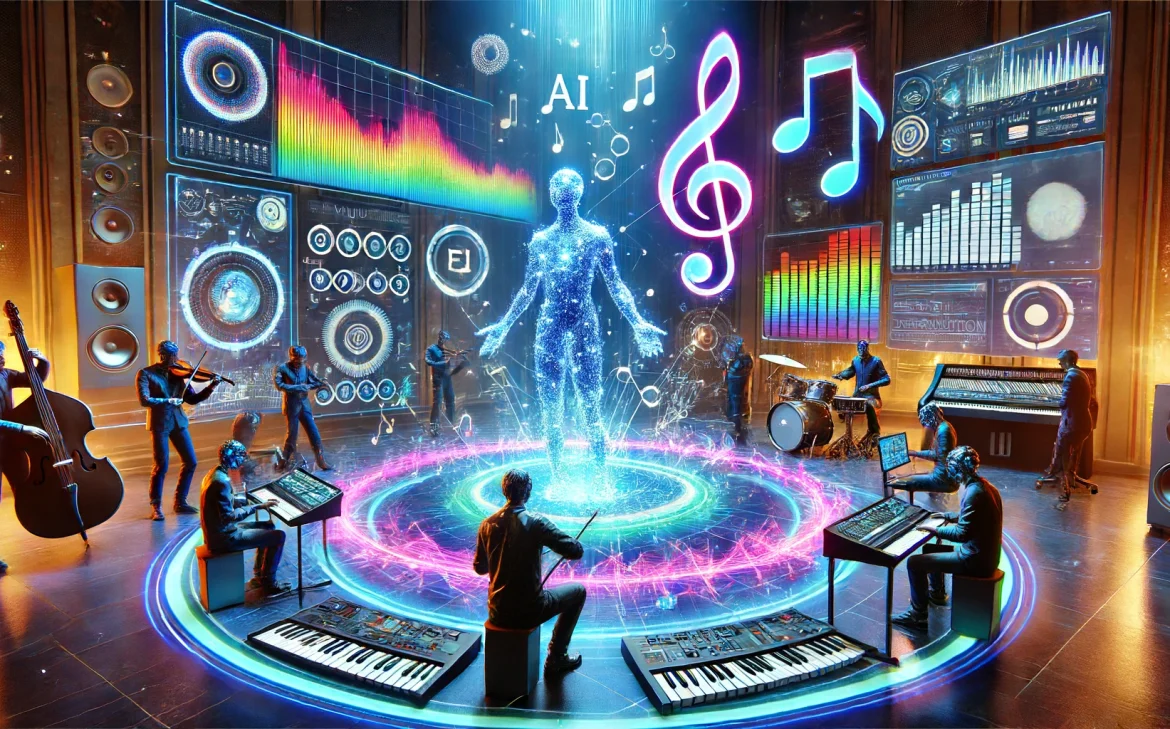
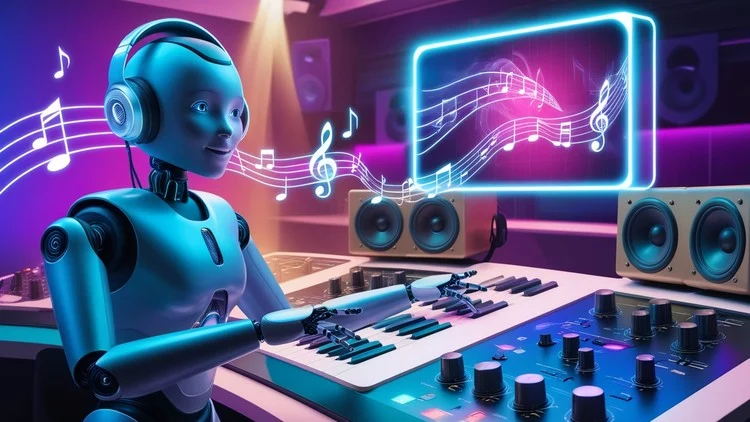
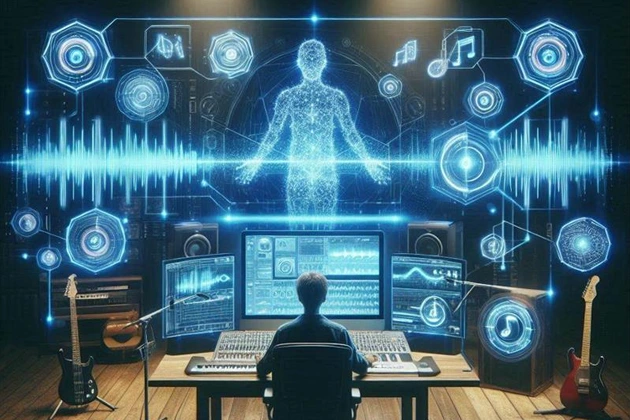
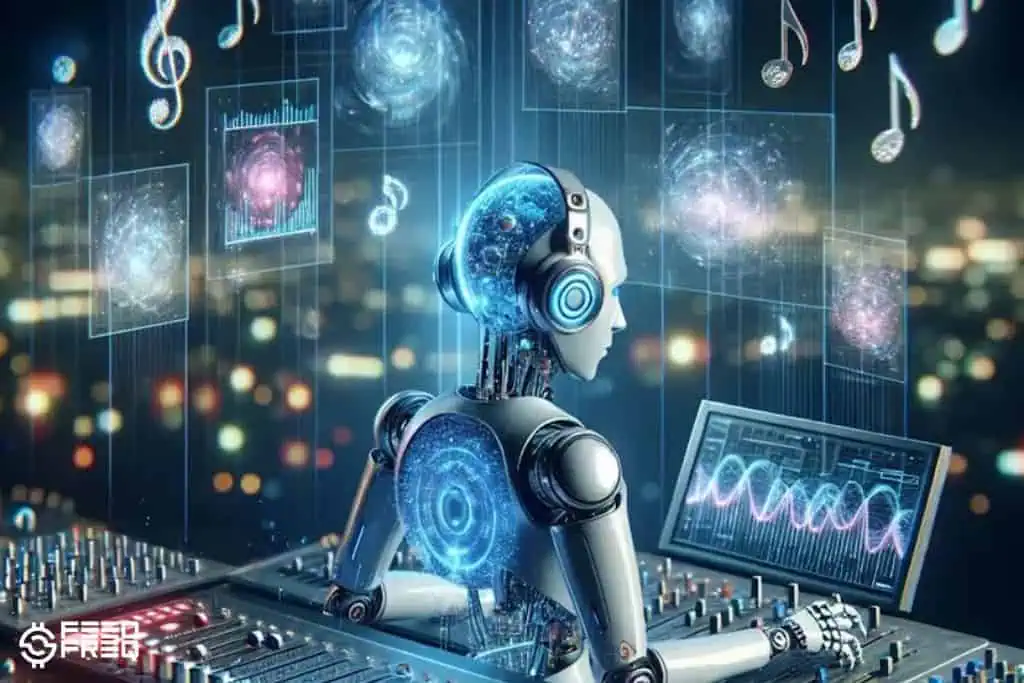
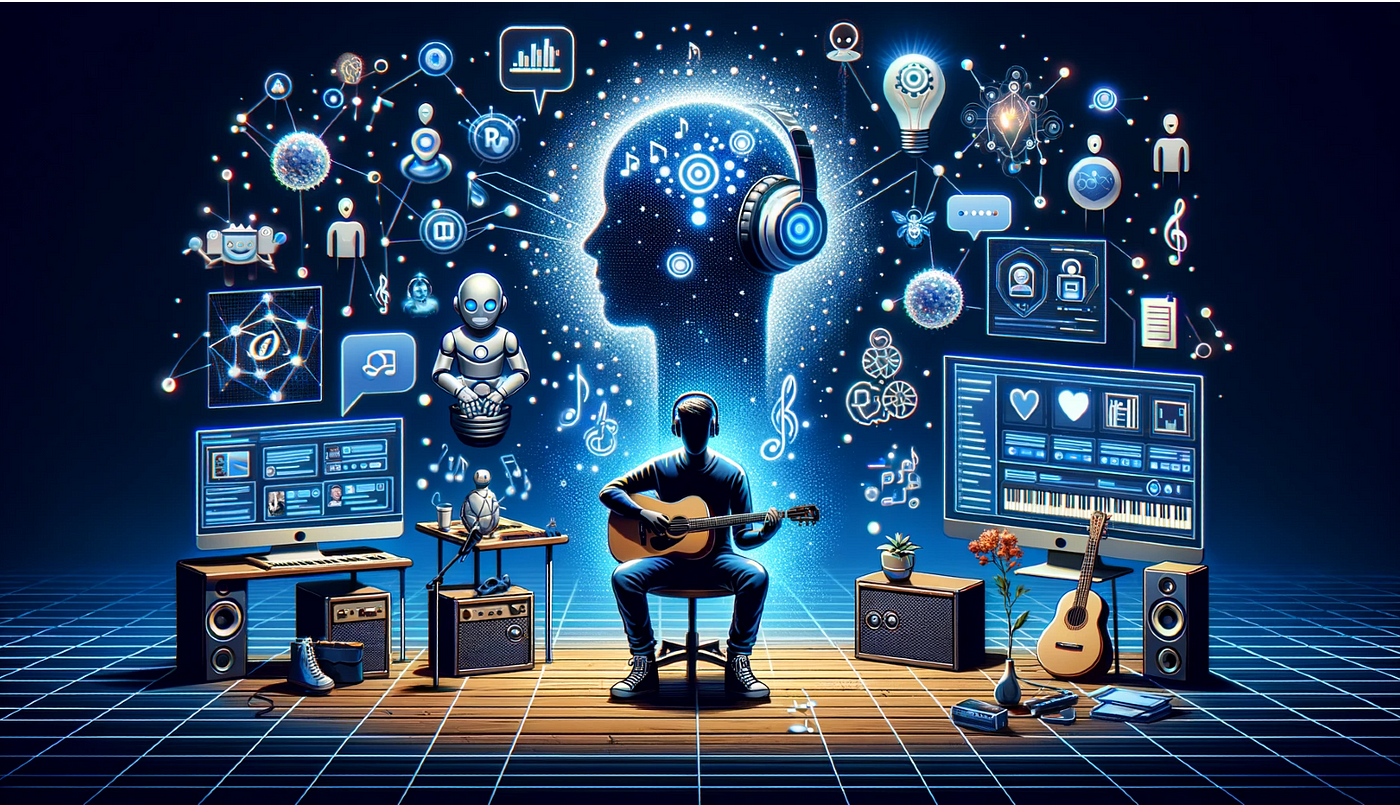
Leave feedback about this